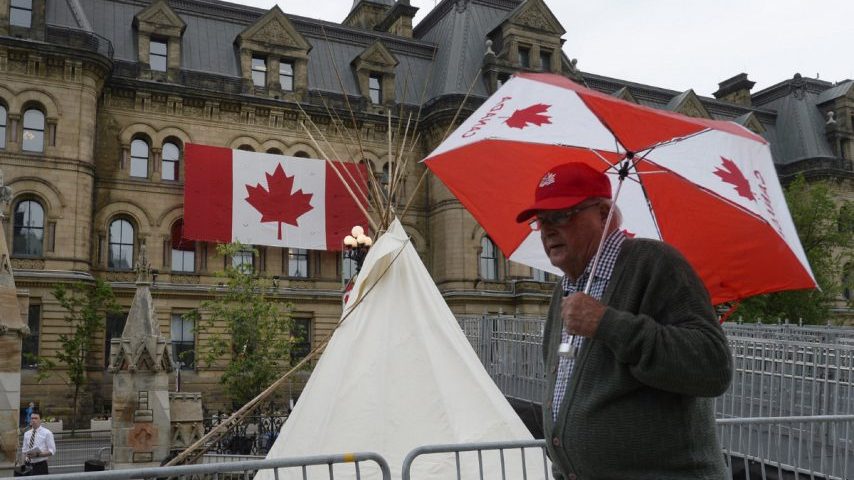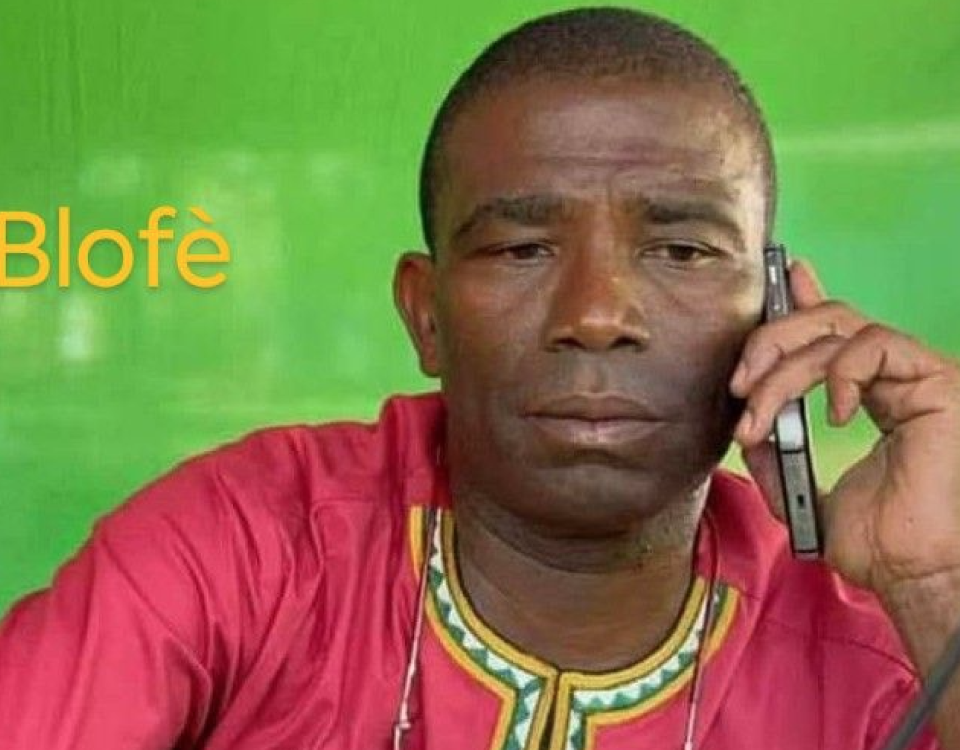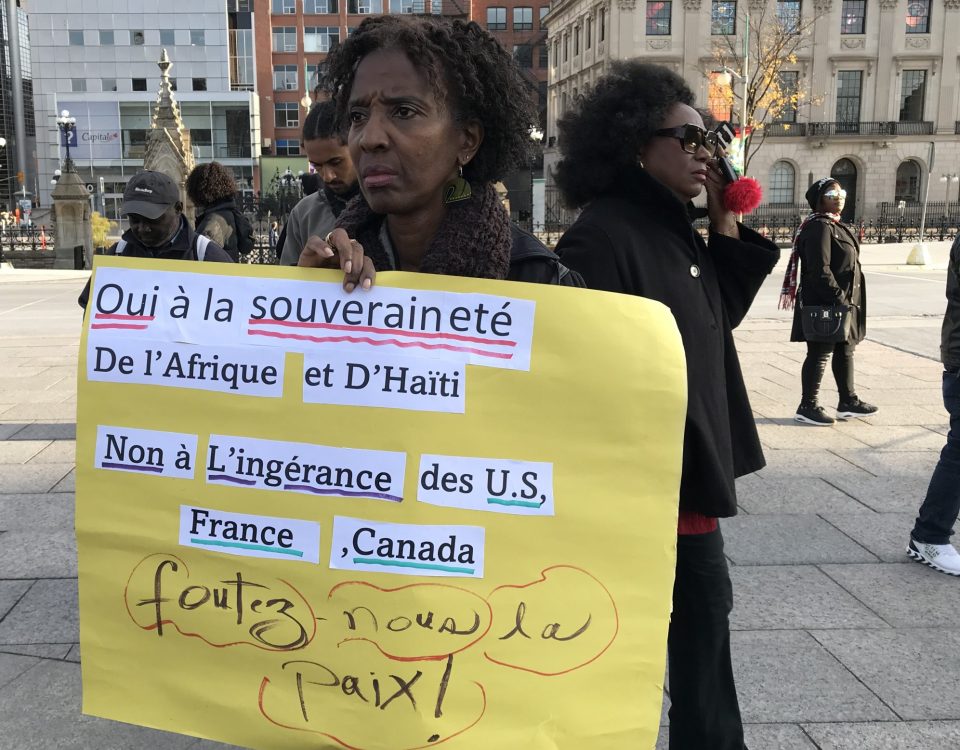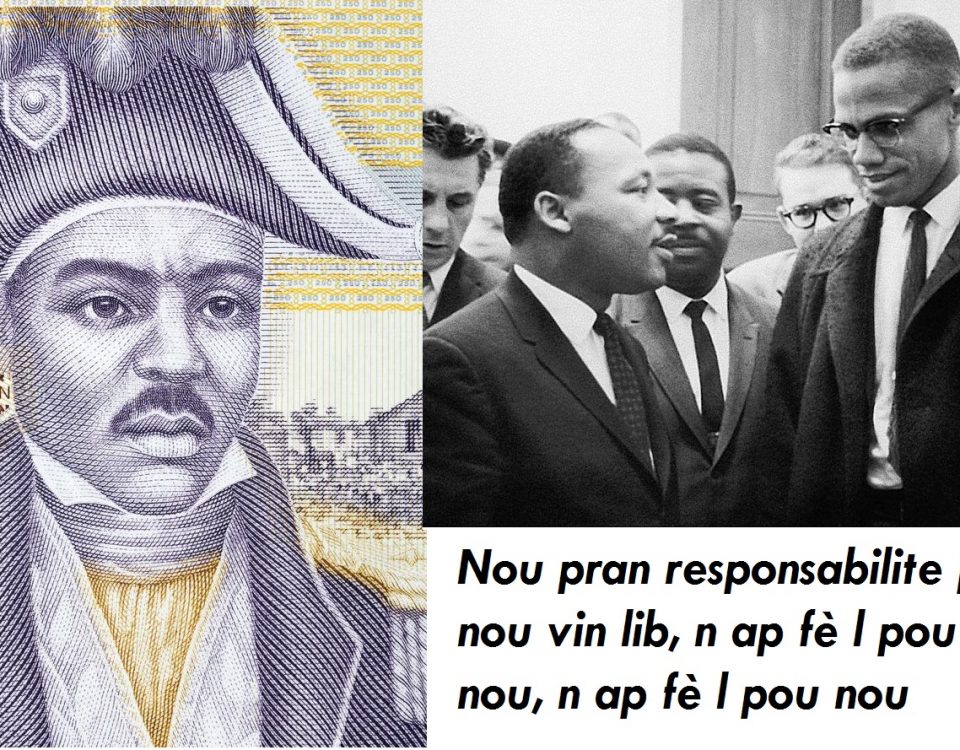- Depi nan Ginen bon Nèg ap ede Nèg!
- jafrikayiti@gmail.com
Has Canada Reached Maturity at 150?

What is Canada Doing in Haiti?
May 5, 2017
When refugees from North America went South to Haiti
August 4, 2017Has Canada Reached Maturity at 150?

It is raining in Ottawa this July 1, 2017. The forecast calls for rain all day over the long anticipated 150th celebrations. Like most Canadians, I am aware that elaborate festive events are happening from coast to coast to coast. Like many, I am also aware that rain and clouds are not the only uninvited guests at these celebrations. Right on Parliament Hill, stands a highly visible protest teepee which reminds us that all is not perfectly well in our home and (their) native land.
This morning, Prime Minister Justin Trudeau issued a statement in which he acknowledged that “for many, today is not an occasion for celebration. Indigenous Peoples in this country have faced oppression for centuries. As a society, we must acknowledge and apologize for past wrongs, and chart a path forward for the next 150 years“. I applaud Prime Minister Trudeau for this candid statement. However, do current inhabitants of Canada truly have reasons to be hopeful for the next 150 years? What are the signs that we form a mature, well-functioning democracy where the vast majority of citizens live fruitful lives? Do Canadians have the opportunity to contribute meaningfully to the wellbeing of their neighbor, of their city, of their province, territory, nation or of the one and only inhabitable planet known to humankind?
Among many other achievements, in 2017, most Canadians can be proud of an excellent health care system, generous pension and parental leave schemes, superb higher education infrastructures which are accessible to most but are absolutely out of reach to a significant portion of the population.
Prime Minister Trudeau claims that “Canada’s history is built on countless instances of people uniting across their differences to work and thrive together“. Unfortunately, Mr. Prime Minister, in 2017, we are far from being able to truthfully state that we thrive together. Thousands of black and indigenous youths, who are disproportionately rotting away in Federal jails for petty crimes are not thriving. Neither are the inhabitants of Nunavut who are deprived of a university or a hospital worthy of the name, nor the families living under boiled water advisories in several First Nations communities, across the country.
Over the past decades there has been much talk about reconciliation, equity and diversity. Unfortunately, through the preservation of ill-acquired privileges the balance of power remains skewed exclusively in favor of the descendants of European settlers. While the Prime Minister recognizes how “Canada’s story stretches back long before Confederation, to the first people who worked, loved, and built their lives here, and to those who came here centuries later in search of a better life for their families“, there is no major national recognition of this fact, neither in symbolism or in deeds.
What if we saw the teepee erected on Parliament Hill today, not as a threat from uninvited guests but rather, as an offer of genuine peace and reconciliation?
On April 7, 2007, I suggested to former Governor General Michaelle Jean who, like many before and after her, promised to work for the betterment of conditions for the First Nations that she champions the adoption of a new, appropriate, title for the Canadian Head of State. My letter was acknowledged but not dignified with any serious follow-up. I take this occasion to reiterate the need for a truly mature Canada to have an independent and representative Head of State. In order to pay due respect to the millions “who worked, loved, and built their lives here“, from time immemorial, my proposed title for this lady or man of valor is Great Grand Chief of Canada.
Let it be our new Great Grand Chief who invites us all to take place under the large teepee of genuine peace, reconciliation and sharing. Let the next few Federal Budgets appropriate generous funding to ensure First Nations girls and boys excel in native languages (thriving or near extent), in Science, Math and Engineering. Let there be legislation to force our national public broadcasters to attract Board members, anchorwomen and men from the full spectrum of our diverse Canadian population. Let the stories told in Canadian History books begin to reflect the true circumstances of our peoples encounters on this beautiful land.
Then, and only then shall the words of Prime Minister Trudeau sound as truthful and inspiring as they could be: “we express ourselves in French, English, and hundreds of other languages, we practice many faiths, we experience life through different cultures, and yet we are one country“.
Please allow me to close off with this one edited sentence from the Prime Minister’s Statement: “Today, as has (NOT) been the case for centuries, we are (NOT, BUT OUGHT TO BE) strong not in spite of our differences, but because of them”.



